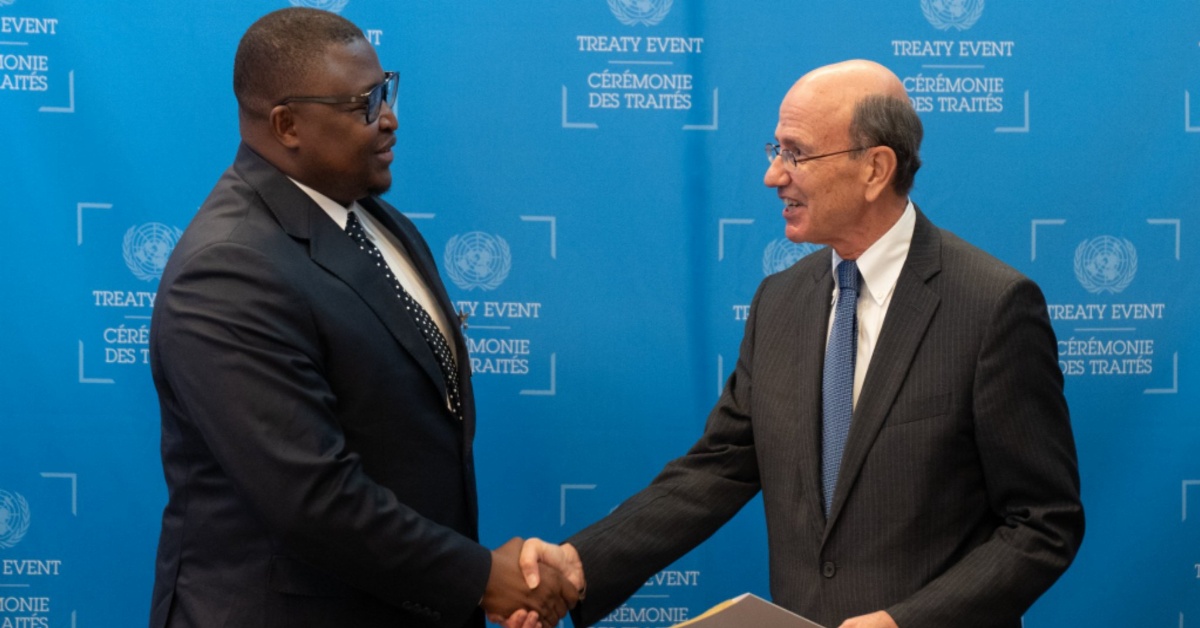Sierra Leone has officially ratified the Treaty on the Prohibition of Nuclear Weapons (TPNW), becoming the 17th African nation to do so.
This milestone was marked during a high-level ceremony in New York, where Timothy Musa Kabba, Sierra Leone’s Minister of Foreign Affairs and International Cooperation, presented the country’s instrument of ratification.
The ratification comes at a pivotal moment, just two days after the international community adopted the Pact for the Future, reaffirming a global commitment to advancing the elimination of nuclear weapons.
With Sierra Leone and the Solomon Islands as the latest nations to join, there are now 73 states party to the TPNW, signifying a growing international resolve to address the dangers of nuclear conflict.
Speaking on behalf of Sierra Leone, Kabba expressed the nation’s hope that the TPNW will “end the long impasse” in nuclear disarmament negotiations.
He emphasized the importance of global leaders taking a unified stand against nuclear weapons and called for collective efforts to strengthen international laws that prohibit their development, possession, and use.
“It is more important now than ever that world leaders speak out against nuclear weapons, and work together to strengthen international legal norms against their development, retention, use, and threat of use by any state,” Kabba said.
Earlier this year, Sierra Leone’s parliament had already approved the ratification of the treaty, underscoring the country’s commitment to peace and disarmament. As global tensions continue to simmer, Sierra Leone’s move signals a firm stance in support of nuclear disarmament, reflecting the broader goals outlined in the Pact for the Future.
This ratification not only marks Sierra Leone’s contribution to a world free of nuclear weapons but also serves as a call to other nations to prioritize disarmament and avert the devastation that a nuclear war would bring upon humanity.











